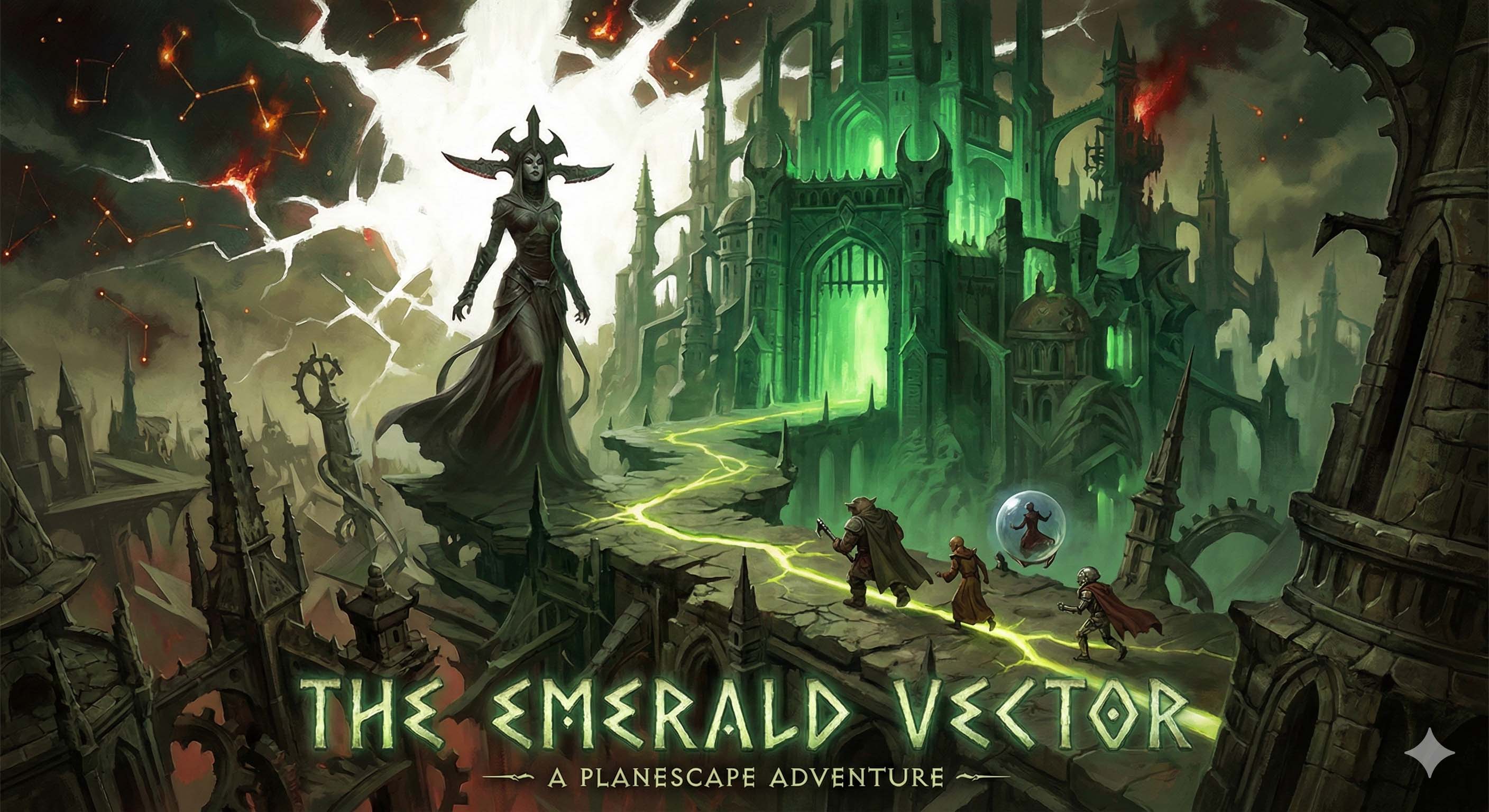
By Lana
There’s something magical about sitting down for a tabletop role-playing game. It’s not just the dice rolls or the character sheets. It’s something deeper—something that keeps us coming back to the table week after week. Sure, you could call it “fun,” but let’s be honest: there’s more going on here.
At its core, playing a TTRPG like PsychScape is an exercise in exploring who we are and who we might become. Think about it. When you build a character, you’re not just picking stats or skills; you’re crafting a piece of yourself. Maybe it’s the bold, fearless version of you that doesn’t hesitate to kick down the door. Or maybe it’s the cunning diplomat, the wise healer, the chaotic rogue who does the things you’d never dare in real life.
And here’s the wild part: that character doesn’t stay on the sheet. They live in you—and through them, you start to learn things about yourself. Why do you always gravitate toward the paladin? What’s behind your love of solving in-game mysteries? These aren’t just idle choices. They’re glimpses into the way we see ourselves and the things we wish we could be.
But it’s not just about introspection. TTRPGs are also a uniquely human way of connecting with others. There’s trust in the act of play. You’re sitting at a table (or maybe on a virtual call), putting your creativity and vulnerability on display. “Here’s this weird, wonderful idea I have,” you’re saying. “Let’s see where it takes us.”
And your group responds, building something together that no one could create alone. The Legend Master or GM might set the stage, but the players bring it to life. A good game is more than a story—it’s a shared experience, built in real time. It’s the thrill of a perfectly executed plan, the heartbreak of losing a beloved NPC, the catharsis of a dramatic showdown.
In a world that’s constantly pulling us apart—screens, isolation, endless distractions—TTRPGs pull us together. They remind us what it feels like to collaborate, to listen, to laugh until your sides hurt. They demand presence, imagination, and empathy.
And they’re more important now than ever. Games like PsychScape push this even further by blending historical moments and psychological depth. They don’t just let you play; they ask you to think. What would you do in the shoes of a historical figure facing impossible choices? How do your character’s personality traits shape the way they navigate the world?
Sure, you could call TTRPGs a hobby, but that feels too small. They’re mirrors, reflecting who we are. They’re bridges, connecting us to each other. And they’re playgrounds for the imagination, where every roll of the dice holds the power to change not just a story, but an experience.
So, the next time you sit down at the table, don’t just play. Pay attention. There’s a lot more going on than meets the eye.

